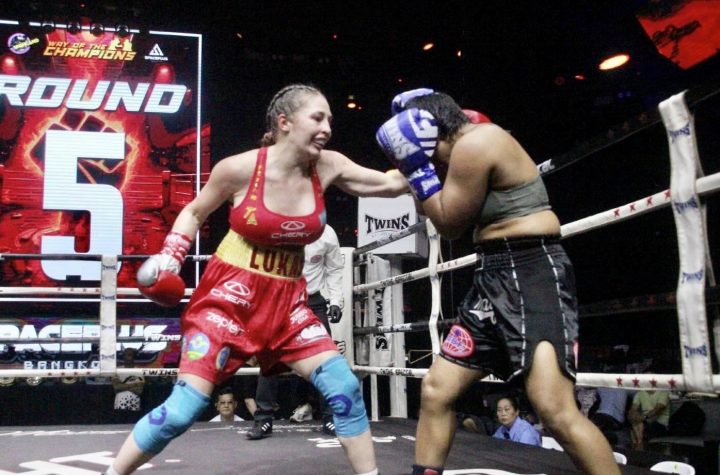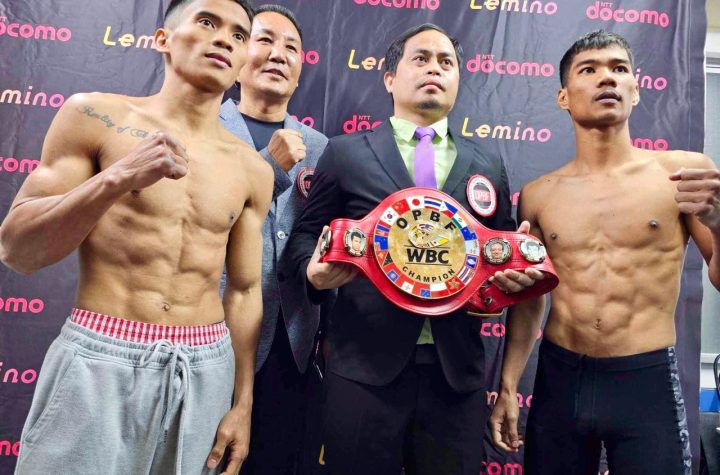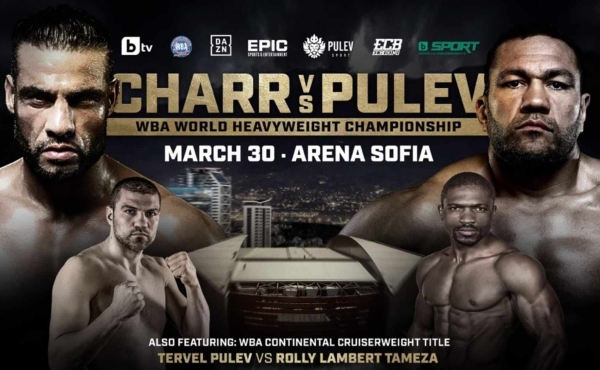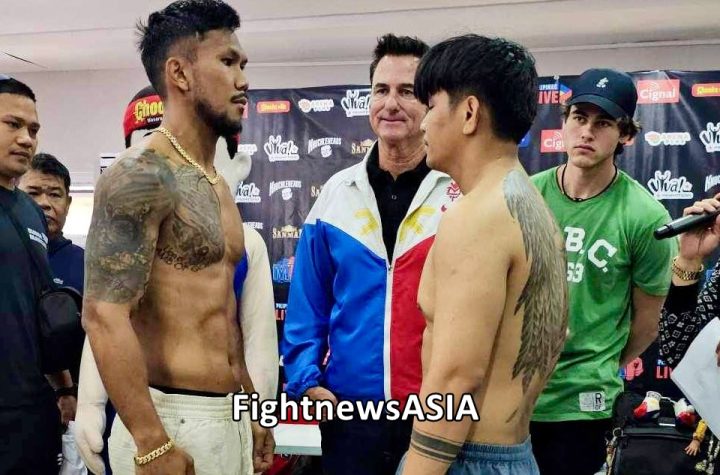
MMAfighting.com
In a strange way, even Michael Bisping’s official retirement on Monday came against a certain lay of odds. After he lost to Kelvin Gastelum in Shanghai — in what will go down as the most ill advised idea of his 39-fight career — he was still angling for one last fight in England, where it all began for him back in 2004. Given what a pugnacious, confrontational, and ultimately stubborn bastard he can be when it comes to fighting, it was hard to argue with him. Arguing is the one wheelhouse Bisping’s most comfortable in. He has always done exactly what Bisping’s going to do, and one little knockout wasn’t going stand in his way.
Only this time it did, and he won’t not because he can’t but because he really shouldn’t. You know how it is. After over a decade of fighting professionally, he’s getting out of the racket. He flirted with the idea of a farewell fight, but concerns over his eyes — both the bad one and the good one — won out. Bisping broke his own news on his “Believe You Me” podcast, a subtle fare-thee-well after a decade’s worth of obnoxious, oftentimes endearing proclamations. “So obviously I’ve teased this for a long time now, [that] I might fight again, I might not,” he said. “And unfortunately, it’s not a fight that I’m announcing. I am going to announce my official retirement from mixed martial arts.”
And so that’s how England’s rugged ambassador takes his leave from competing in the grim trade. By surprising us and not fighting on. I mean, how else would the greatest oddsbuster in UFC history go out? With a storybook ending? That was never in the cards. No, he came in as a fresh-faced kid from Manchester with a well-nourished chip on his shoulder, and he goes out a leather-bound classic, full of tragic dents and wear and with scars across the spine, with humor and spite and boogers in the margins, burning with the imperfect details that make up his own life.
He’s loved, reviled, studied and accused of being overrated by so many that think they can do better.
In other words, a classic, and classics don’t end on high notes. They endure through reflection. They don’t kill you with what’s obvious; they resonate with what’s not. And what’s not obvious about Bisping? Start with the fact that he’s one of the nicest guys in the game, and he always has been. When the camera is off, you’ll never meet a more genuine person, the kind of man who’d rather talk his family — and yours — than some fight that’s coming up. He’s also a son of a bitch with it really comes down to it. All you need is an opponent in his crosshairs to find that out, and the steady red light of a live camera. He can whine and cackle with the best of them, while making an ass of everyone on the room. Sometimes he succeeded in making an ass of himself.
Those are the things we have long known about Bisping — that he can torch anyone within a five-mile radius with his tongue. His eyes tell you everything you need to know about his heart and how much he’s sacrificed, while that enduring wit defies you to see how any of those thousands of punches he took ever got close to the source. His ability to talk took him as far as his ability to dole out punishment. That’s a great combination for a game centered on promotion.
And let’s face it, Bisping always got entertainment, just as he knew that that part only translated if he was as good as he professed. How good was he? Way better than we could have expected. Though he was never sublime in any one discipline, he won more fights in the UFC than anyone else. Pillows for hands? After years and years of being a cusp contender, he became the middleweight champion at the age of 37 by knocking out Luke Rockhold. He then avenged the loss that was played on a loop by his haters — the knockout against Dan Henderson at UFC 100 — by going through hell for 25 minutes with him just 104 pay-per-views later.
He persevered long enough to realize a dream fight with the man who overshadowed him for years,Anderson Silva. Like he did so many times, he lost that fight. Then he won. It was another monument to his perseverance. Just like his fight with Chael Sonnen, a fight that he won. Only it turns out he lost. In any case, he went about his business clean. Most of the aforementioned names had experience with performance enhancing drugs. Bisping never did. He was fueled by a self-belief that at times came across as foolhardy. At times delusional.
Sometimes even innocent.
No, it’s difficult to truly appreciate what Bisping has meant to MMA and the UFC, and most have begun by pointing out that he’s a sure fire Hall of Famer. He is that, and it’s true he’s a pioneer for the U.K. as a market in the sport. But he taught other fighters something about entertainment and cunning, going all the way back to his Zuffa beginnings on The Ultimate Fighter 3. He could manipulate emotions, those electric chords we all know make up the fight game’s nervous system. He was a protagonist, as well as an antagonist — often indistinguishably. If people began to see him as more hero than heel as he went on, it was because he remained true to himself. Really, he didn’t know any other way.
“You know, you’ve got to know when to walk away,” he said on his podcast. “I’m almost 40 years old. The time is now. So, I want to say, first of all, thank you to my wife. Without her, it wouldn’t have happened. That’s a fact. She was incredible every single step of the way. My children, my dad — my dad was amazing. And of course, everyone in the U.K. and around the world that supported me.”
It was time to hang them up, and he knew it. It’s been time. It was time before he fought Gastelum on short notice some 10,000 miles from where Georges St-Pierre submitted him at Madison Square Garden. People want to talk about fighter legacies, which is such a subjective thing to do, but here’s what we can say about Michael Bisping: He was right there through the formative years. He created buzz by simply being around. He prodded the best, and beat them too.
For me, it was that as his career progressed, the outcomes became mere footnotes. It was the heat in the lead-ups, the hissing, the sniping, and the Getting Into The Other Guy’s Head — all of it carrying towards a literal battle of wills in the cage. The thing is, it was a battle that Bisping never once conceived he could lose. His extraordinary faith didn’t linger on the details of a style versus style match-up, or on age discrepancy, or that he couldn’t see — things that commonly conspired to make him the underdog.
What Bisping hoped to communicate (and so often did) was that he had more want than the other guy. That it would take something deeper than his own resolve to beat him. And that was another trait that wasn’t always obvious about Bisping, at least not initially when he was laying into the Elvis Sinosics and the Denis Kangs and the Jason Days of his early days. His resolve went fathoms deep. He gradually showed how deep fight after fight, for more than a decade in the UFC.
And his faith, to the awe of many, extended to it the whole way.





More News
Jafarov, Lukas, Purcell Win
Fajardo, Simri Make Weight
Charr, Pulev, Lambert in Bulgaria